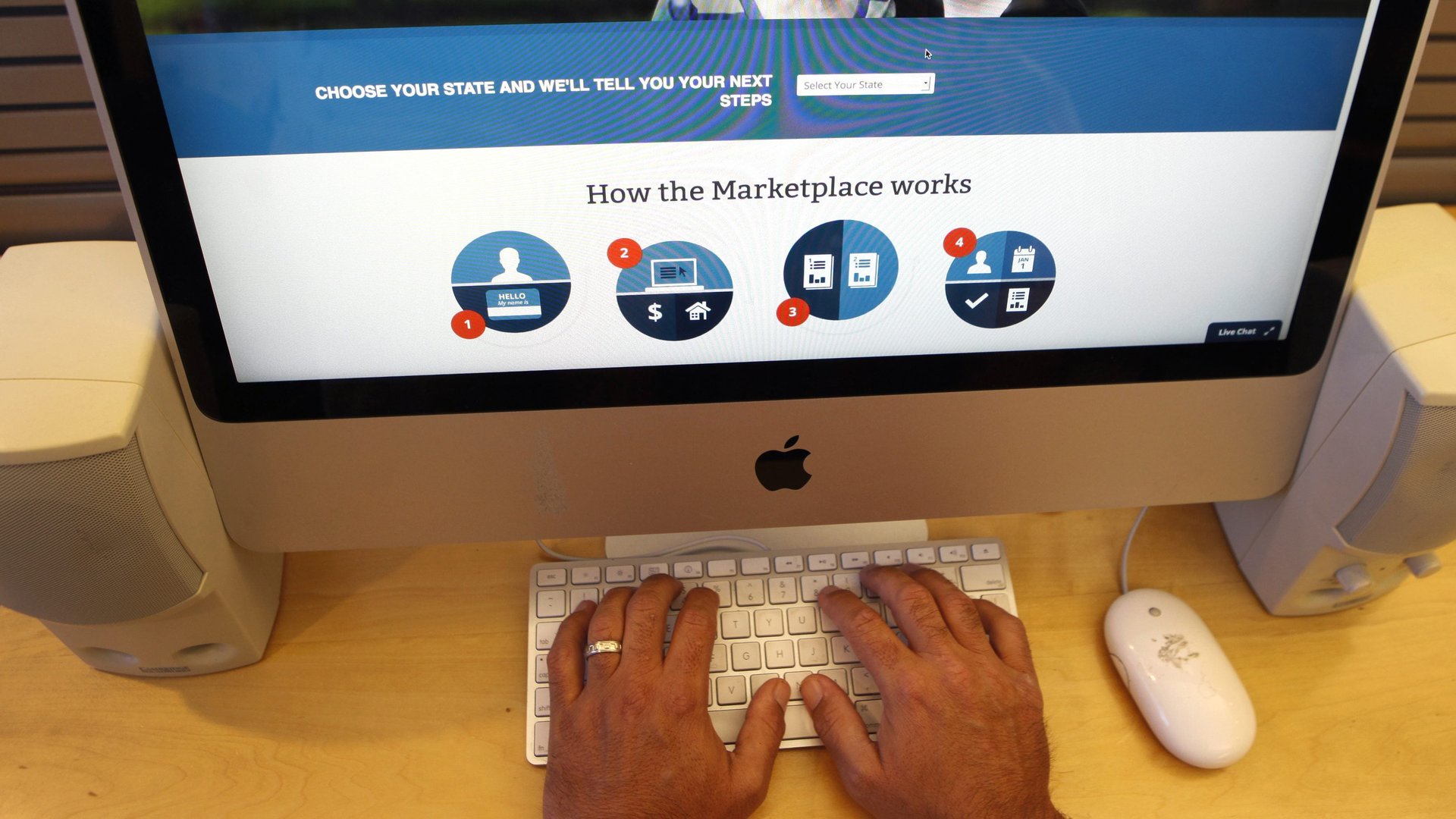Op-Ed: ACA open enrollment budget cuts hurt freelancers
Today marks the beginning of healthcare open enrollment, but this year the federal government has cut its outreach budget by $90 million dollars, which means less access to information, resources, and basic questions pertaining to healthcare. This 90% cut is expected to result in 1.1 million fewer people enrolling in healthcare this year. The reality is that many people who have purchased coverage through the exchange — or who may seek to — are uninformed not only about the timing of open enrollment, but also about what healthcare options might be available to them, and at what cost.


Today marks the beginning of healthcare open enrollment, but this year the federal government has cut its outreach budget by $90 million dollars, which means less access to information, resources, and basic questions pertaining to healthcare. This 90% cut is expected to result in 1.1 million fewer people enrolling in healthcare this year. The reality is that many people who have purchased coverage through the exchange — or who may seek to — are uninformed not only about the timing of open enrollment, but also about what healthcare options might be available to them, and at what cost.
We represent a coalition of tech companies that are unlocking cities and communities around us through shared assets, new tools, and the facilitation of new opportunities through independent work. Our communities are filled with entrepreneurs, moonlighters, part-timers, freelancers, independent contractors and small business owners who love the freedom, control, and opportunity that come with this kind of work, and benefit from the ability to access healthcare independently — outside of a “traditional” employer model.
A JP Morgan Chase Institute study from February of last year showed that the number of workers who earn income in the online platform economy increased 47 times in a three-year period, while a recent McKinsey Global Institute study found that most people who work independently do so by choice rather than by necessity. Having access to affordable healthcare makes that choice much more feasible. In 2014 —the first year the Affordable Care Act went into effect—1.4 million people (one in every five people) purchasing coverage through the new healthcare marketplace—were considered a small-business, self-employed, or both. Furthermore, between 2014 and 2015, the number of people signing up for coverage through the Affordable Care Act increased by 50%, continued to grow in 2016, and had been expected to grow again this year.
Healthcare coverage gives independent workers an additional tool of economic certainty, enabling them to explore their passions and leverage flexible work opportunities in order to invest in their futures, while contributing to the American economy. But the recent cuts to and confusion over this year’s open enrollment season risk making the exchanges less effective by adding guesswork and confusion to the process. In addition to the budget cuts for advertising and marketing, the open enrollment period has been cut short to just six weeks, and recent announcements over “cost sharing reduction” funding cuts have left many scratching their heads, wondering if they will be affected and their premiums will go up.
Last year, many of our members participated in a public-private effort to amplify the federal government’s outreach on open enrollment. We felt it was important to partner with the government to reach the very people the Affordable Care Act was designed to reach: those who are building a future for themselves and their families in the modern economy. This year—given the recent cuts, confusion, and curtailed enrollment timeline—we are redoubling our efforts. From November 1 through December 15, we will be active in urging and reminding our communities to explore the healthcare options available to them during open enrollment. We will do this through our apps, on our websites, through our social channels, and at grassroots events to give the millions in our collective communities every opportunity to engage during open enrollment.
By some estimates, independent workers will comprise over 40% of the workforce by 2020, which equates to 60 million Americans. The role of the independent worker is expanding within the American economy as more and more people strike out on their own, and their economic impact is only increasing. But we must ensure that access to benefits like healthcare, which have traditionally been linked to employers, evolve right alongside the changing nature of work. We can’t build the economy of the future if we’re constrained by the rules of the past, and we certainly can’t do so without a healthy, vibrant workforce who has access to a safety net for themselves and for their families. Disseminating this information isn’t just the smart thing to do, it’s the right thing to do. We hope other businesses will join us in stepping up on behalf of their communities.
Brent Messenger is Global Head of Community at Fiverr and Vikrum Aiyer is Head of Public Policy at Postmates.